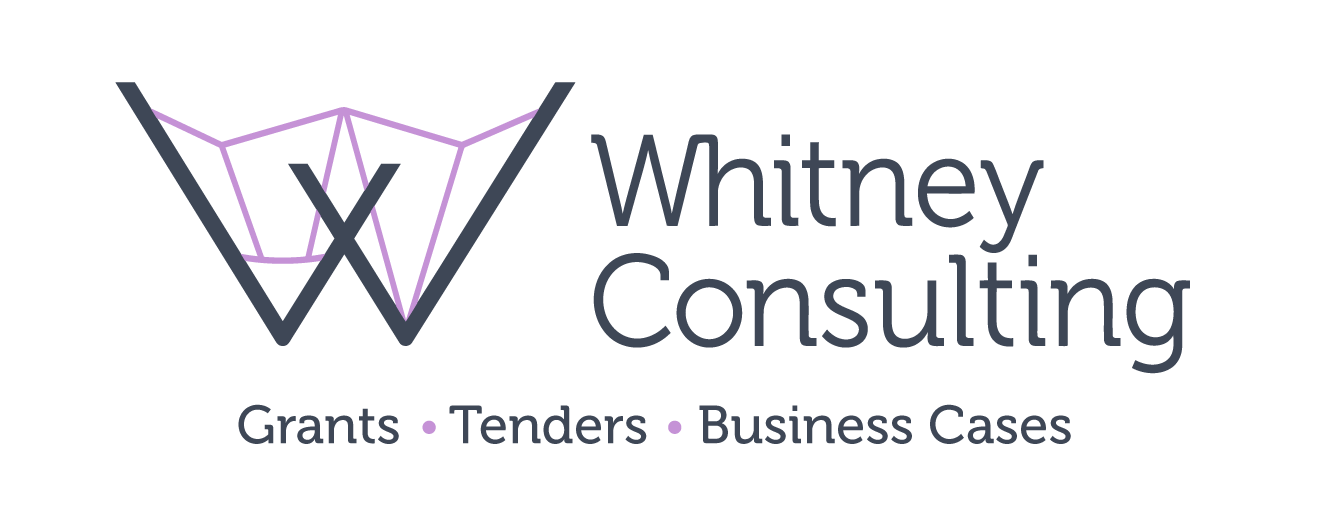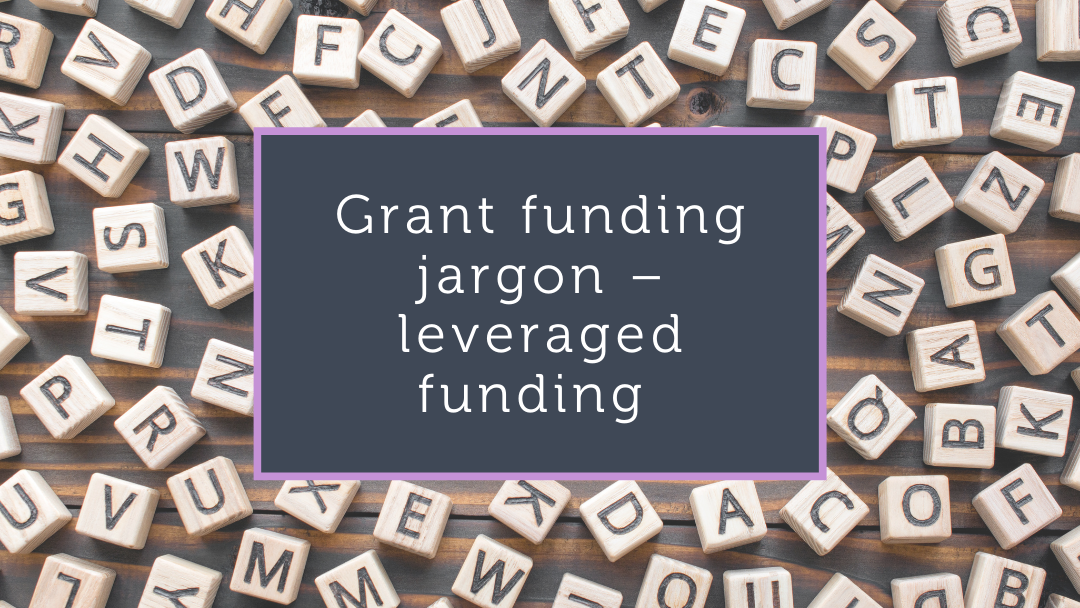There are a few jargon words that pop up in the grants world a lot and one of these is:
Leveraged Funding
What is it? Leveraged funding means that the grant funding is ‘leveraging’ other funding – so because the grant money is provided, other organisations also put in money to the project. For example, $100,000 worth of State Government grant funding might leverage $50,000 from the organisation who owns the project (the applicant) and $50,000 from a mining company or other corporate body. Without the grant funding, the project may not have gone ahead so that $50,000 from the applicant and $50,000 from the mining company would not have been spent (invested) in the local economy.
Leveraged funding can also be called a co-contribution or ‘matched funding’ if the grant requires the applicant to find at least 50% of the project cost to match the grant amount.
So why do grants ask for leveraged funds? A few reasons:
- To make the grant program go further. Grant programs are trying to achieve outcomes and the more projects they can enable, the more outcomes are delivered. So if they can only fund a portion of the total project cost and get others to fund the rest, then they are able to fund more projects and therefore more outcomes.
- To make sure the applicant has ‘skin in the game’. The funding body needs to know you are serious about this project – that you have considered it carefully before deciding to invest your own money in the project. If you don’t put any money into the project then it is possible you will not have a vested interest in ensuring that it is successful. Likewise, if your own money is on the line, the funding body can assume that you will try to limit costs and get the best value for money when you are procuring project items.
- Other partners in the project shows that the project is wanted and valued by the community. If a business or organisation aside from the applicant is willing to invest in the project, then it must be needed and be expected to deliver great outcomes.
Most grant guidelines will specify what level of leveraged funding or co-contribution is required – it will be part of the eligibility criteria for getting the grant. It is becoming more and more common for grants to require matched funding, meaning they will only fund a maximum of 50% of the total project cost.
So, as the applicant, should you just put in the minimum 50% or should you put in more? If you are able to source or afford to put in more than the minimum amount of leveraged funding, then do so. It will increase your chances of getting the grant. There are some grant programs that provide an extra score to projects that put in more than the minimum cash requirement but even for those programs that don’t, it is always seen as a positive for your application.


